This guide describes how to enable the Retrace Java profiler on a stand-alone Spring PetClinic application.
The app has the following pages:
- Home - a simple landing page
- Find Owners - page showcasing simple DB queries as part of sub-transactions that add a new owner and find records.
- Veterinarians - page that shows the list of vets in tabular format
- Error - used to simulate an exception. The exception will be auto-captured by the profiler and then reported to your Retrace account.
More information about the PetClinic app can be found at https://spring-petclinic.github.io/.
Pre-requisites
- Retrace agent. Your machine will appear on your Retrace account after installing the agent.
- Java (either JRE or JDK will work)
-
Download the appropriate package for your environment at https://jdk.java.net/21/
-
Extract the contents of archive and take note of the path.
- On Windows:
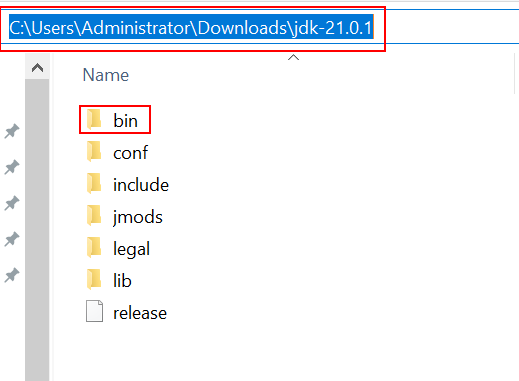
- On Windows:
-
Add the system variables:
JAVA_HOME=/Path/To/Your/JavaDirandPath=${existing path values};/Path/To/Your/JavaDir/bin- On Windows:
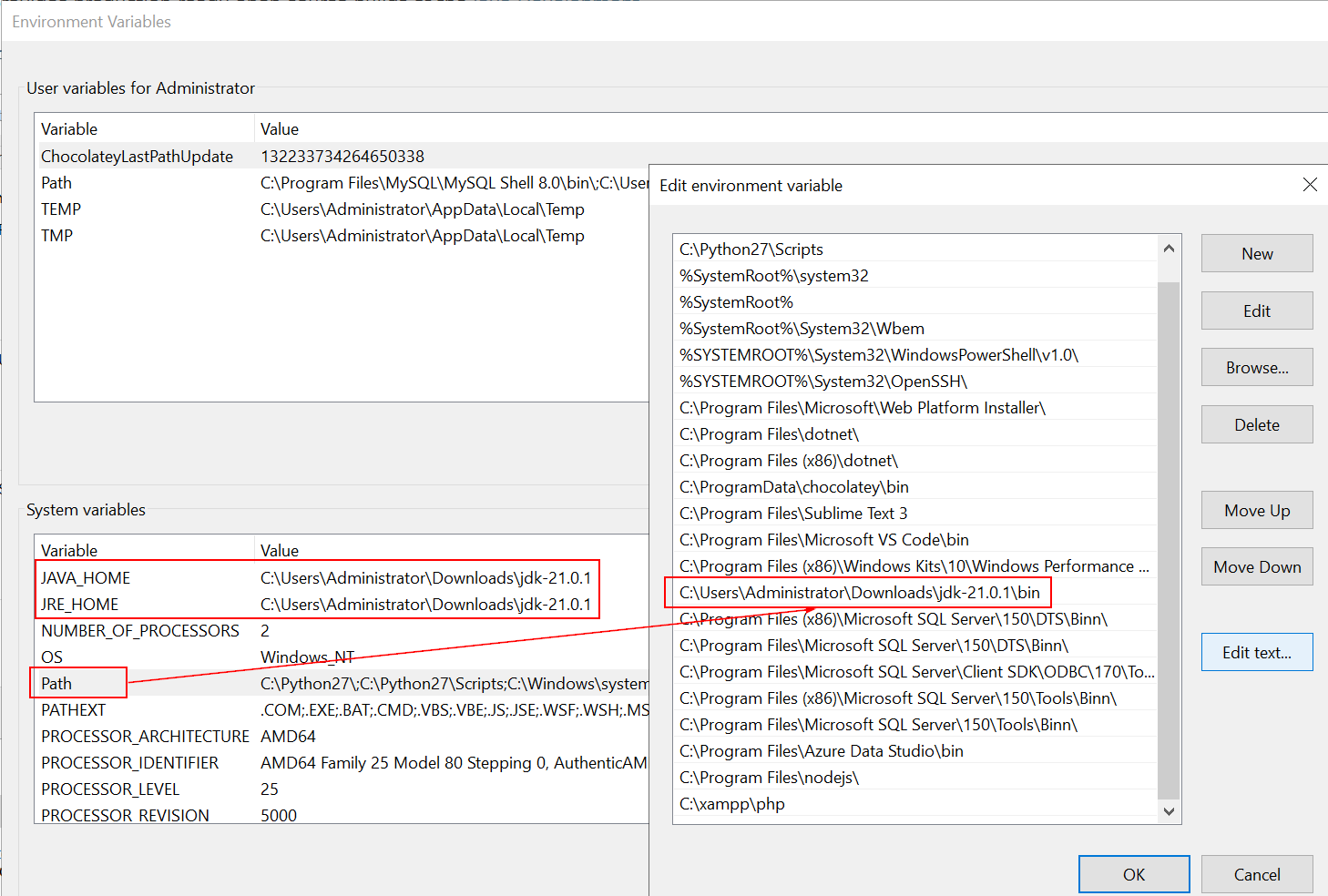 Note
NoteThe app used in this guide does not require the JRE_HOME variable so the variable seen in the screenshot can be disregarded. Other apps, however, might require this variable.
- On Linux:
$ export JAVA_HOME=/Path/To/Your/JavaDir $ export PATH=${PATH}:/Path/To/You/JavaDir
- On Windows:
-
Test by opening the terminal and executing the command
java -version.

-
Now that both the Retrace agent and Java are installed, let's proceed to the next section.
Enabling APM on the Java App
-
Download the sample app from the GitHub repo and save to your preferred location: https://github.com/stackify/example-apps/raw/main/sample-java-petclinic/spring-petclinic-2.7.0.jar.
Clicking on the click will trigger the download of a jar file. -
Open the terminal and go to the same directory you saved the app (jar file) in Step 1, and then run the app using the Java command:
- On Windows
C:\your-app-path> java -Djava.io.tmpdir="C:\your-app-path\" -Dserver.port=<any-unused-port> -javaagent:"C:\ProgramData\Stackify\Profiler\Java\stackify-java-apm.jar" -DSTACKIFY_APPLICATION_NAME="Your-App-Name" -DSTACKIFY_ENVIRONMENT_NAME="Your-Env-Name" -jar spring-petclinic-2.7.0.jarImage showing the app's path/location:
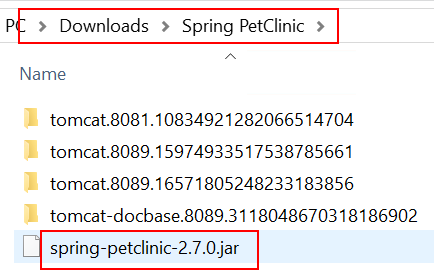
Image showing a successful launch of the app:
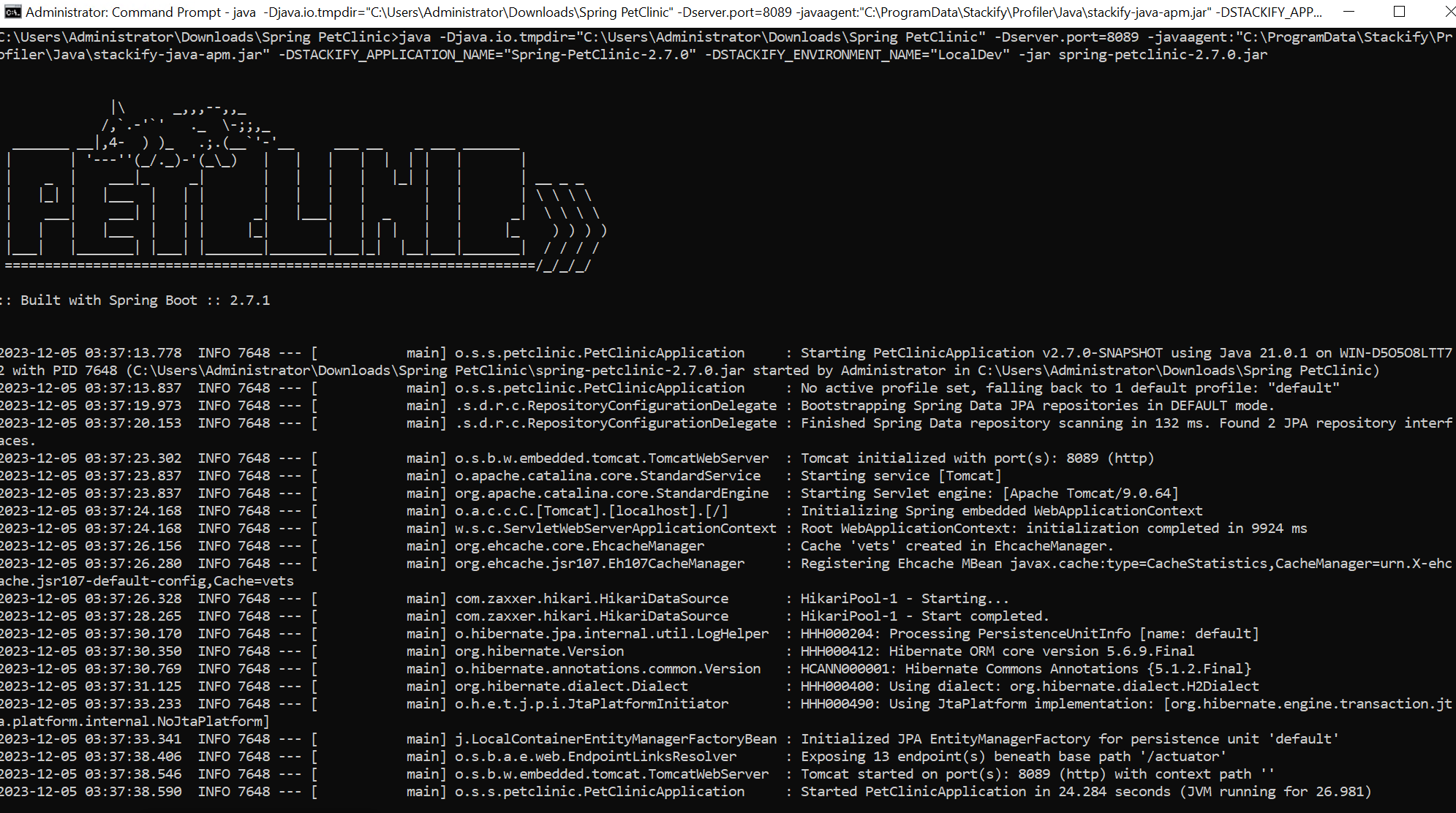
- On Linux:
$ java -Dserver.port=<any-unused-port> -javaagent:/usr/local/stackify/stackify-java-apm/stackify-java-apm.jar -DSTACKIFY_APPLICATION_NAME="Your-App-Name" -DSTACKIFY_ENVIRONMENT_NAME="Your-Env-Name" -jar spring-petclinic-2.7.0.jarImage showing the app location on Linux:

Image showing a successful start of the app on Linux:
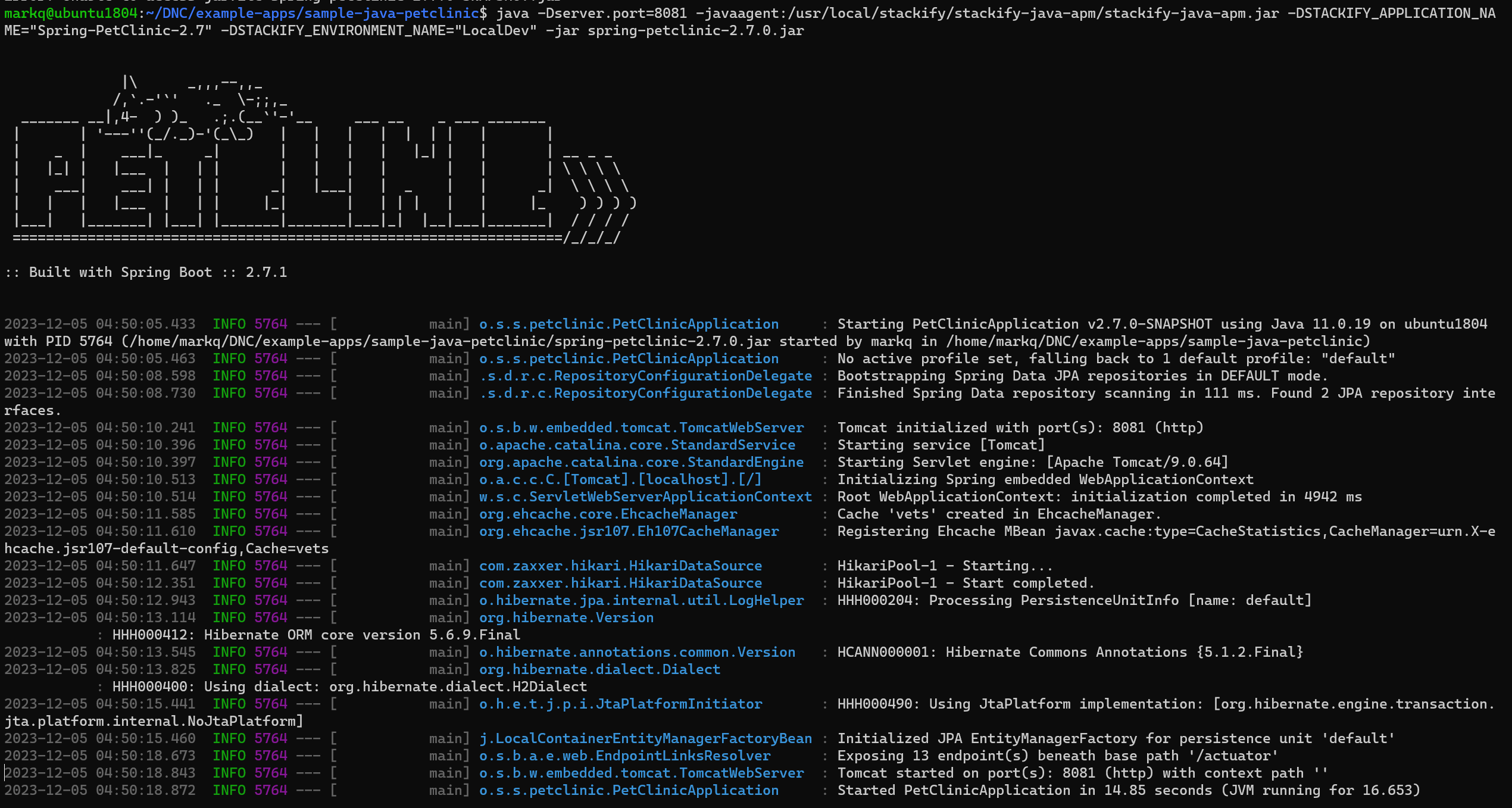
To check port availability, open your browser and go to http://localhost:<port-number>, e.g. http://localhost:80. If a web page loads (i.e. no errors such as "localhost refused to connect/the site can't be reached"), then the port is already in use and you may need to choose a different port.
-
Send requests to the app and view APM data in Retrace.
To view the app, open your browser and go to http://localhost:[port-used-in-step-2].Here's what the landing page looks like:
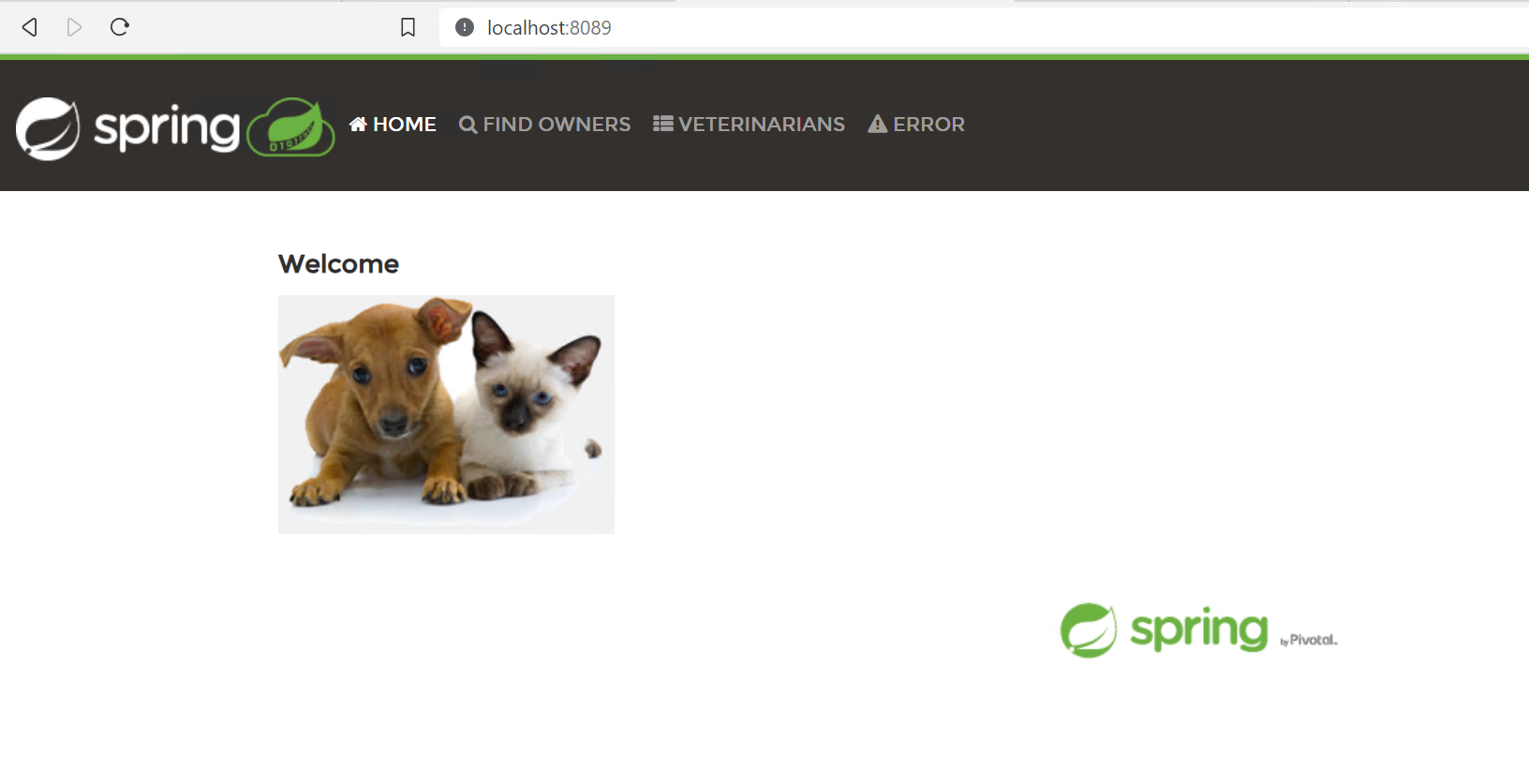
And how APM will appear in Retrace:
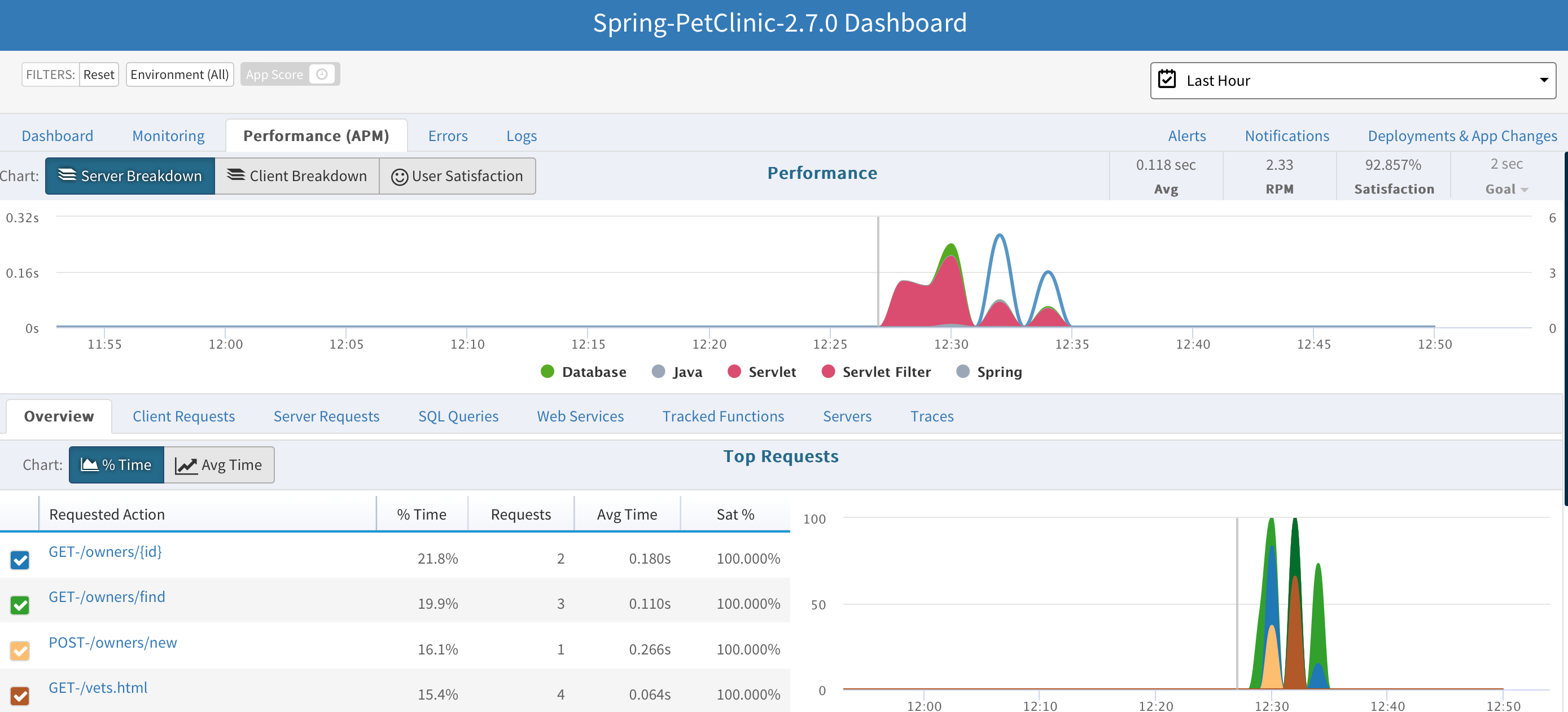
Post-Installation Checks
-
The Retrace Java profiler will generate output logs at
C:\ProgramData\Stackify\Java\, in.\debugfor debug logs and.\logfor trace logs after the app receives any request. In Linux, the paths are at/usr/local/stackify/stackify-java-apm/debugand/usr/local/stackify/stackify-java-apm/logAs long as traces are generated, it should only be a matter of time before the app appears in your Retrace account.
Done!
To learn more about viewing your application's data, be sure to check out documentation on the App Dashboard.